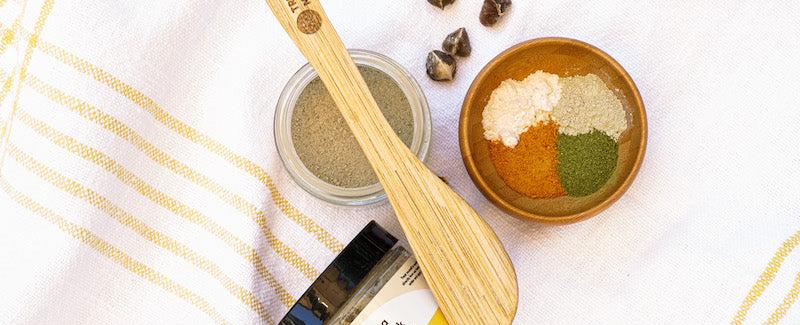Moringa is a plant that is native to parts of Africa and Asia. It is a fast-growing tree that can reach up to 30 feet in height. The leaves, flowers, seeds, and fruit of the moringa tree are all edible and are rich in nutrients. Moringa has been used for centuries in traditional medicine to treat various illnesses. Now, modern science is beginning to catch up and there is increasing evidence to support the health benefits of this superfood. In this blog post, we will explore some of the ways in which moringa can benefit your health. From reducing inflammation to boosting brain function, read on to learn more about this incredible plant.
What is Moringa?
Moringa is a fast-growing, drought-resistant tree that is native to the southern foothills of the Himalayas in northwestern India. The leaves, seeds, flowers, and fruit of the moringa tree are all edible and highly nutritious.
The leaves of the moringa tree are an excellent source of vitamins A and C, calcium, potassium, and protein. They can be eaten fresh or cooked and are often used in soups and stews.
The seeds of the moringa tree are rich in oil and have been used traditionally as a cooking oil in India. They can also be crushed to extract their valuable nutrients, which include high levels of protein, vitamin A, and iron.
The flowers of the moringa tree are also edible and make a beautiful addition to salads. They can also be steeped to make a tea with numerous health benefits.
Lastly, the fruit of the moringa tree can be eaten fresh or made into a delicious jam. It is an excellent source of vitamins C and B6, as well as potassium and magnesium.
The benefits of Moringa
Moringa is a highly nutritious plant that has been used for centuries in traditional medicine. The leaves, pods, flowers, and roots of the moringa tree are all edible and contain high levels of vitamins and minerals.
Moringa is a good source of antioxidants and anti-inflammatory compounds. These substances may help protect the body against chronic diseases such as heart disease, cancer, and diabetes.
Moringa leaves are especially rich in vitamins A and C, which are important for eye health and immunity. The leaves also contain protein, calcium, iron, and potassium.
The flowers of the moringa tree have traditionally been used to treat stomach ailments such as indigestion. The roots are used to make a tea that is said to be helpful in treating fevers.
All parts of the moringa plant can be dried and powdered to make a nutritional supplement that can be added to food or taken as a pill or capsule.
What is moringa used for?
Moringa is a multipurpose tree that has been used for centuries in many cultures for its nutritional and medicinal properties. The leaves, seeds, flowers, and roots of the moringa tree are all edible and offer a variety of health benefits.
The leaves of the moringa tree are rich in vitamins A, C, and E, as well as calcium and potassium. They can be eaten fresh or cooked, and are often used in soups and stews. Moringa leaves can also be dried and powdered, making them a convenient way to add nutrition to food.
The seeds of the moringa tree are often ground into a powder and used as a condiment or seasoning. They have a nutty flavor and are rich in protein. Moringa seeds can also be pressed to extract oil, which is used in cooking and cosmetics.
The flowers of the moringa tree are edible and have a sweet taste. They can be added to salads or used to make tea.
The roots of the moringa tree are sometimes eaten as vegetable, but they are more commonly used to make medicine. Moringa root powder is thought to be effective in treating digestive disorders, fever, and arthritis.
Conclusion
Moringa is one of the most nutrient-dense plants on the planet, and its health benefits are vast. From improving digestion and reducing inflammation to boosting energy levels and aiding in weight loss, moringa is truly a superfood. If you’re looking for an easy way to improve your health and well-being, incorporating moringa into your diet is a great place to start. Thanks for reading!



